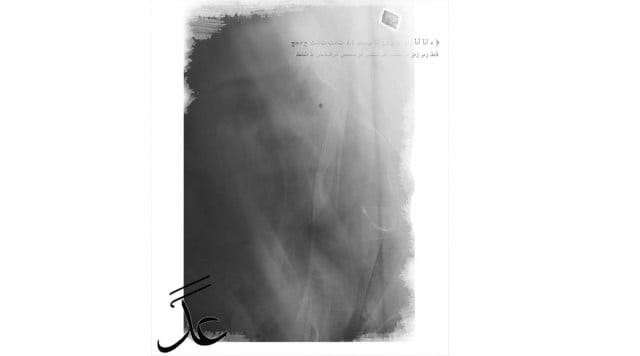Beyond the veil
An episode of the popular MTV series profiles passionate Saudis grappling with marginalisation and the desire for change.

Participants of the show unflinchingly voiced concerns that may seem trivial to outsiders, but they are more radical than demands for democracy because they strike at the core values of Saudi society.
The documentary is as long as a feature film, and what it lacks in action it more than makes up in dramatic tension. Its energy lies in the powerful and perhaps dangerous questions it raises. Some Bedouins (the self-proclaimed “original Saudis”) condemn the documentary, blaming the “perversion of culture” on naturalised Saudis who failed to uphold traditional norms.
But not all Saudis have reacted this way. While Muna AbuSulayman, the secretary-general of Alwaleed Bin Talal Foundation, admires the courage of the subjects for speaking out, especially given the kind of consequences they might face, she nevertheless finds the episode one-sided. “We [Saudis] have been ridiculed, discriminated against and portrayed as monsters; society has had enough of that.” On the other hand, writer Eman Al Nafjan argues for greater openness: “No good has come of our defensive, hide the dirty laundry approach, we just come off looking more closed and isolated.”
If that was the goal of this particular “True Life” episode, then it has exceeded its brief, causing a brouhaha that may actually lead to change. But who are these Saudis who dared to speak publically about the society they seek to change? And what do they so desire?
Fatima wants to brighten up the wardrobe of Saudi women, who are traditionally dressed in loose black robes and a miserly draped hijab that is sometimes coupled with a niqab. Though coloured abayas may not seem a radical notion — especially for girls who would welcome the trend — riding a bicycle wearing an Arsenal soccer shirt with a cap in a bid to pass off as a man is enough to get arrested. That happened recently when 10 ‘Emo’ girls in Dammam were apprehended for a “fashion error”. They were released after submitting written apologies.
I studied with one such Saudi Emo girl a decade ago at Columbia University, who turned atheist because she perceived that her society ridiculed individualism. Nothing would convince her that society and religion are two different entities, which can overlap for better or worse — in her case for the worse. Coercive means to impose moral laws has never had a positive outcome, which is also evident from recent incidents. On May 20, a married Saudi woman shot at police officers after she was caught in “illegal seclusion” with a namehram man in the city of Ha’il; her husband has filed a complaint against her and asked that she be stripped of her citizenship. Just a few days earlier, another woman beat a religious police officer in the city of Al-Mubarraz for asking her to verify the relationship of the man she was with.
Amongst those portrayed in the documentary are Ahmad, a young human rights activist, struggling to bridge the chasm between rich and poor or raise levels of female emancipation. Ahmad’s social concerns are probably well known, but the widening economic disparity may come as news to those who have the Sex and the City 2 image of the Middle East. Poverty in Saudi Arabia is widespread, numerous live in huts and survive on dates — only a fraction of society is thriving and it is they who are seen vacationing in London, New York, Munich and Vienna.
The days of state controlled TV channels that concluded with a national anthem and recitation of the Holy Qu’ran are history. Today, the youth is exposed to elements ranging from terror profiling to pornography (despite filters) to the girl draped in black at the mall (love at first sight waiting to happen).
Many teenage Saudis today are struggling to choose between conservative ideology at home and the world outside. They are torn between tradition and modernity in a society that has made it difficult for them to form identities uniquely their own. Rather than providing guidance geared towards acquiring wisdom through hard experience — something that frankly takes time and work —Saudi society is following a different and easier tack. They are given a list of dos and don’ts, most of which don’t make sense to them, and the threat of imprisonment and whipping sticks if they fail to comply. What needs to be done is fairly obvious. But is society ready for change?
Published in The Express Tribune, June 27th, 2010.



















COMMENTS
Comments are moderated and generally will be posted if they are on-topic and not abusive.
For more information, please see our Comments FAQ